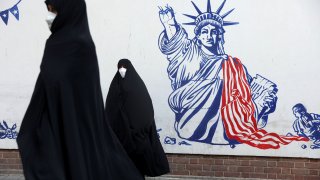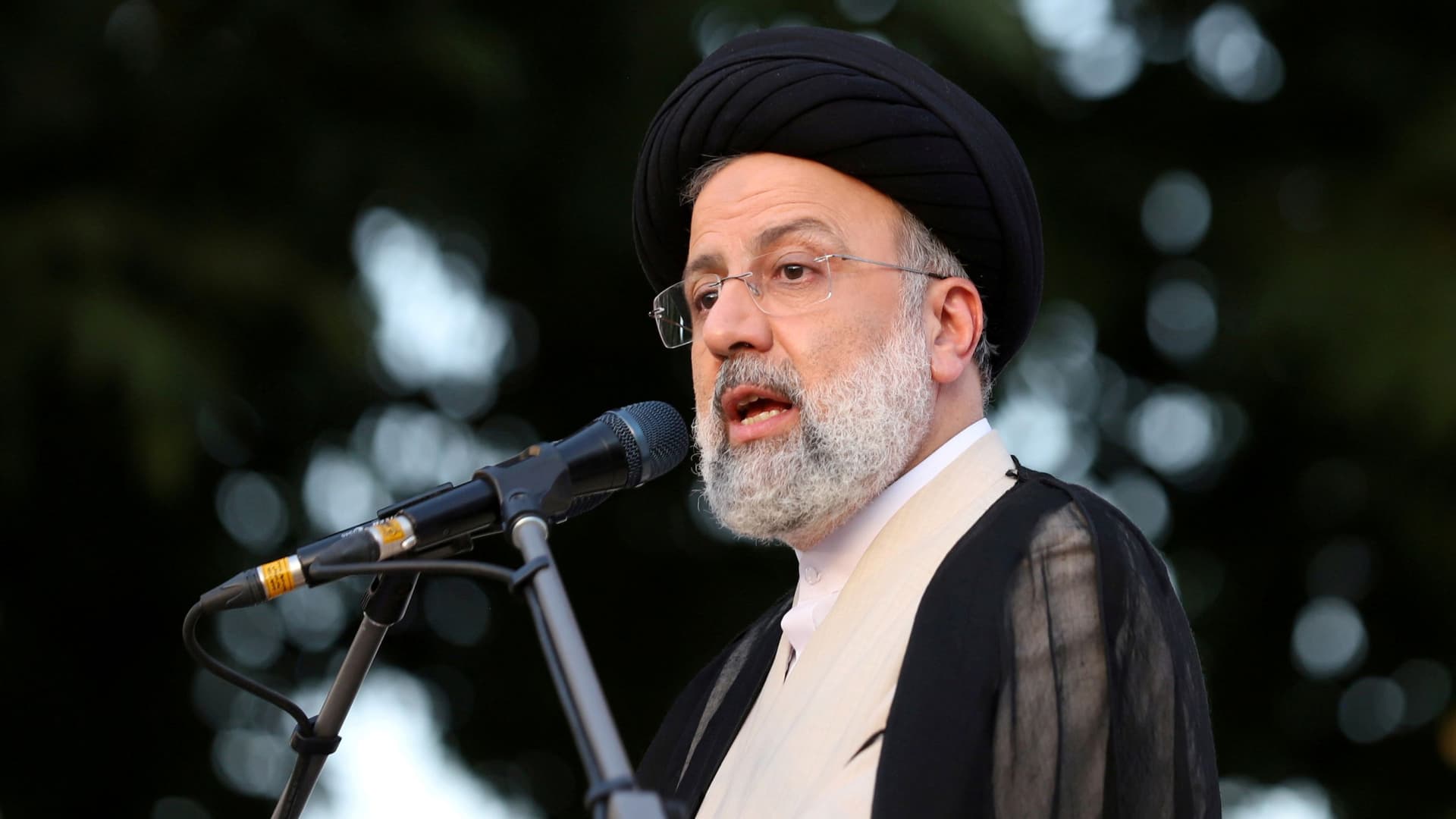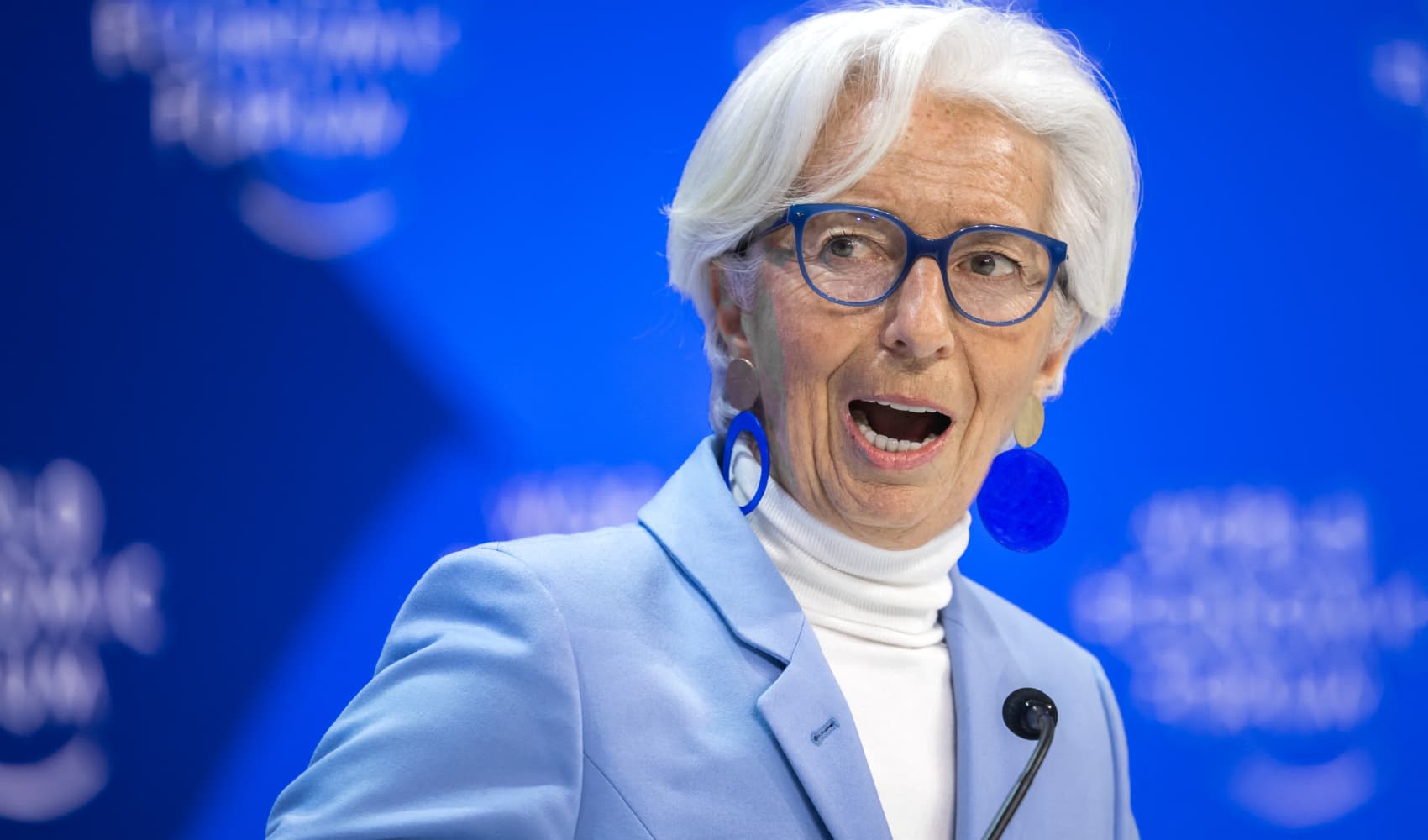
- The signatories of the Iran nuclear deal only have a "handful of weeks left" to strike a deal and usher in a mutual return to compliance with the agreement.
- The official said that the U.S. was not imposing an "artificial deadline" or "an ultimatum."
- Last year, signatories of the Joint Comprehensive Plan of Action, or JCPOA, began the first of what would become eight rounds of all-day negotiations at multiple hotels across Vienna.
WASHINGTON – The signatories of the Iran nuclear deal only have a "handful of weeks left" to strike a deal and usher in a mutual return to compliance with the agreement, a senior State Department official said Monday.
"We are in the final stretch because as we've said now for some time this can't go on forever because of Iran's nuclear advancement," explained the official, who spoke on the condition of anonymity in order to share some details of the negotiations.
The official said that the U.S. was not imposing an "artificial deadline" or "an ultimatum."
Get New England news, weather forecasts and entertainment stories to your inbox. Sign up for NECN newsletters.
"The Iranians have been aware of for some time that we are reaching the final moment, after which we will no longer be in a position to come back to the JCPOA because it will no longer hold the value that we negotiated," the official said, adding that the negotiations have been ongoing for roughly 10 months.
Last year, signatories of the Joint Comprehensive Plan of Action, or JCPOA, began the first of what would become eight rounds of all-day negotiations to revive the deal at multiple hotels across Vienna.
The 2015 JCPOA, brokered in part by the Obama administration, lifted sanctions on Iran that had crippled its economy and cut its oil exports roughly in half. Alongside the United States, France, Germany, the U.K., Russia and China were also signatories of the agreement.
Money Report
The other participants of the deal are also referred to as the P5+1.
Iran agreed to dismantle some of its nuclear program and open its facilities to more extensive international inspections in exchange for billions of dollars in sanctions relief.
In 2018, then-President Donald Trump kept a campaign promise and unilaterally withdrew the United States from the JCPOA, calling it the "worst deal ever." Trump also reintroduced sanctions on Tehran that had been previously lifted.
Tensions between Tehran and Washington soared to new heights under the Trump administration and culminated with a deadly U.S. strike on Iran's top military leader.
The Jan. 2 strike that killed Gen. Qasem Soleimani, a key military figure of Iranian and Middle East politics, followed a string of attacks on locations that hosted U.S. and coalition forces, including the U.S. Embassy in Baghdad.
On the heels of Soleimani's death, Iran launched at least a dozen missiles from its territory on Jan. 7 at two military bases in Iraq that house U.S. troops and coalition forces.

A day later from the White House, Trump said that Iran appeared "to be standing down" and warned Tehran to abandon its nuclear ambitions.
Following Washington's exit from the landmark nuclear deal, other signatories of the pact have struggled to keep the agreement alive.
Since Trump's decision to leave the agreement, Tehran has increased its uranium enrichment and stockpiling far beyond the deal's limits. What's more, Western powers are concerned about Iran's ambitious advances in research and development in the nuclear field.
The Trump administration's "maximum pressure" campaign hampered Iran's already strained economy and slashed oil exports, bringing tensions between Tehran and Washington to a boiling point.
The Biden administration has since sought a return to the deal after a standstill in talks following the sixth round of negotiations in June.
The pause came as Iran elected a new president, Ebrahim Raisi, to succeed Hassan Rouhani.

In June, Raisi ruled out a meeting with Biden, which the White House downplayed by saying that the United States does not currently have diplomatic relations with Iran.
Raisi, who is under personal U.S. sanctions over allegations of human rights abuses, was expected to adopt a hard-line approach at the talks in Vienna.
After nearly five months of stalled talks, the State Department announced in November that U.S. special envoy for Iran, Robert Malley, would lead the U.S. delegation in the seventh round of negotiations.






